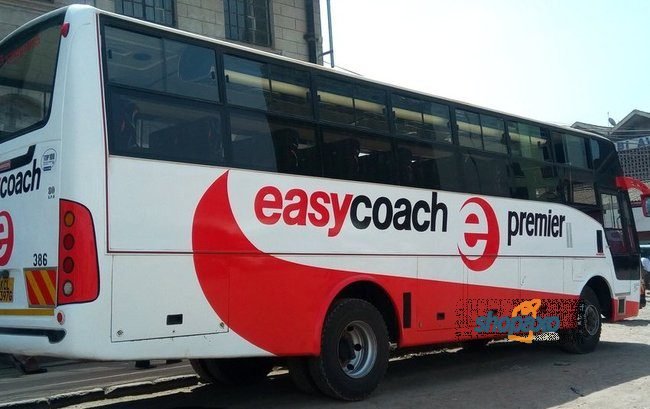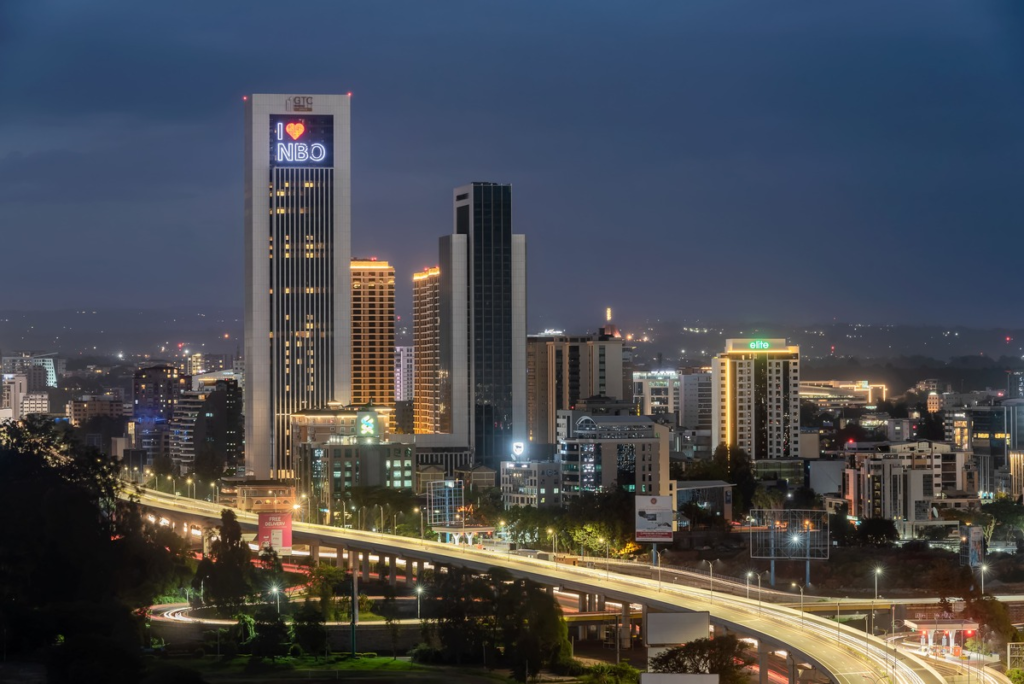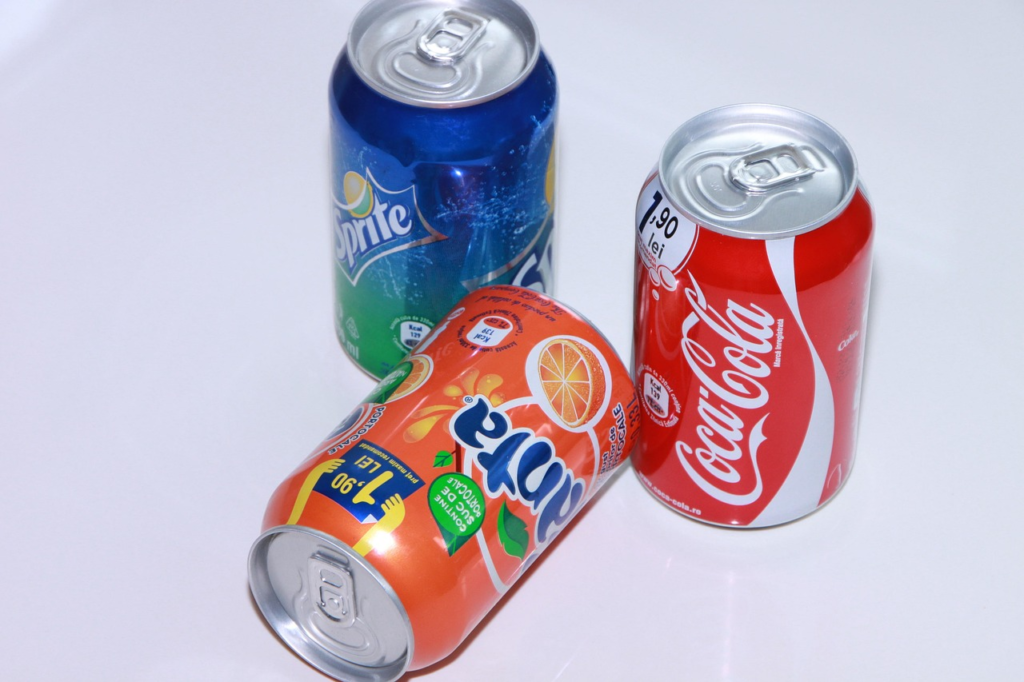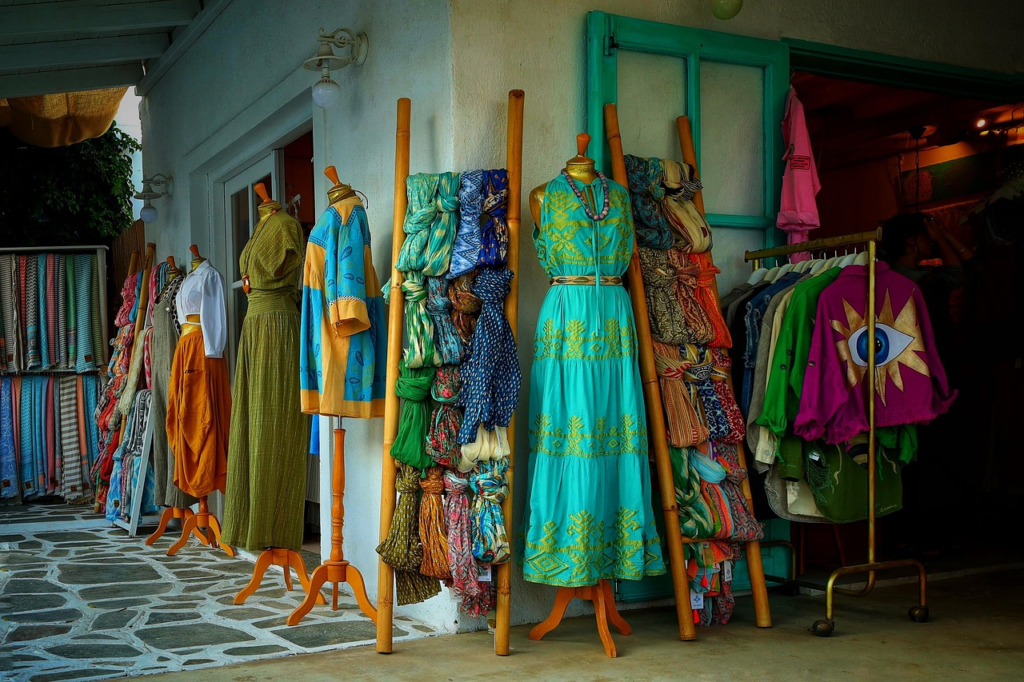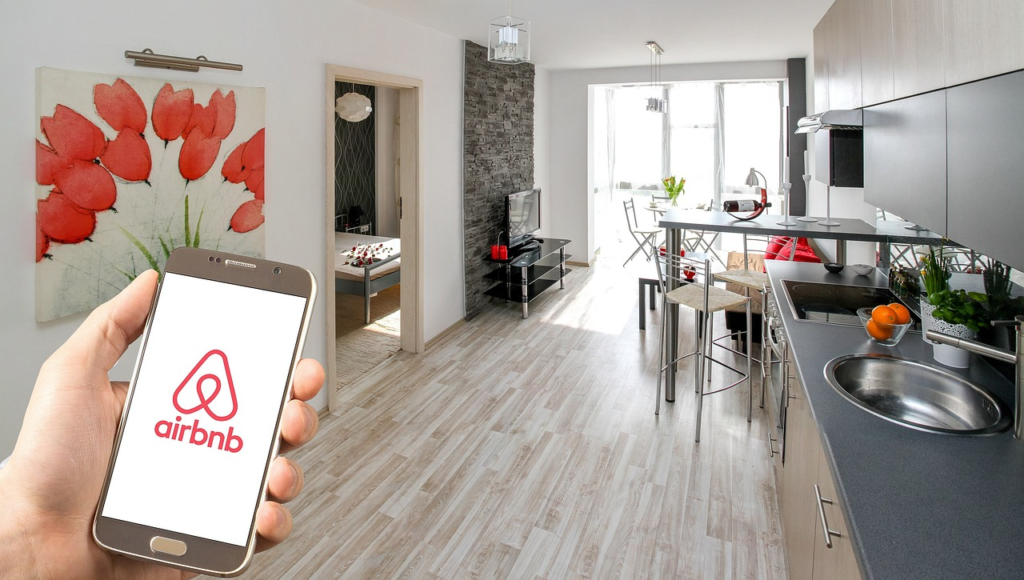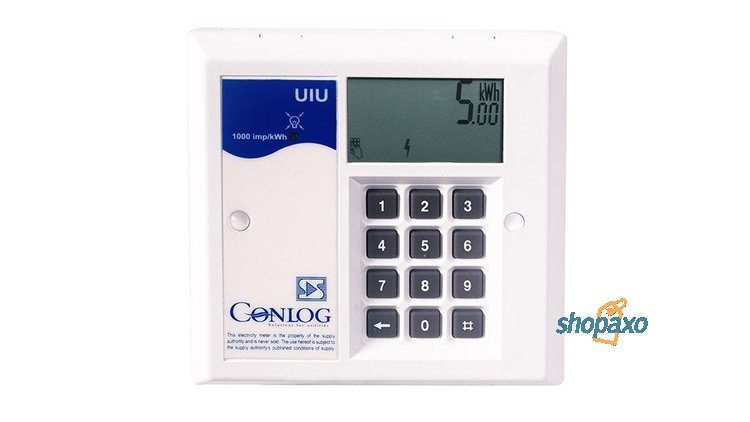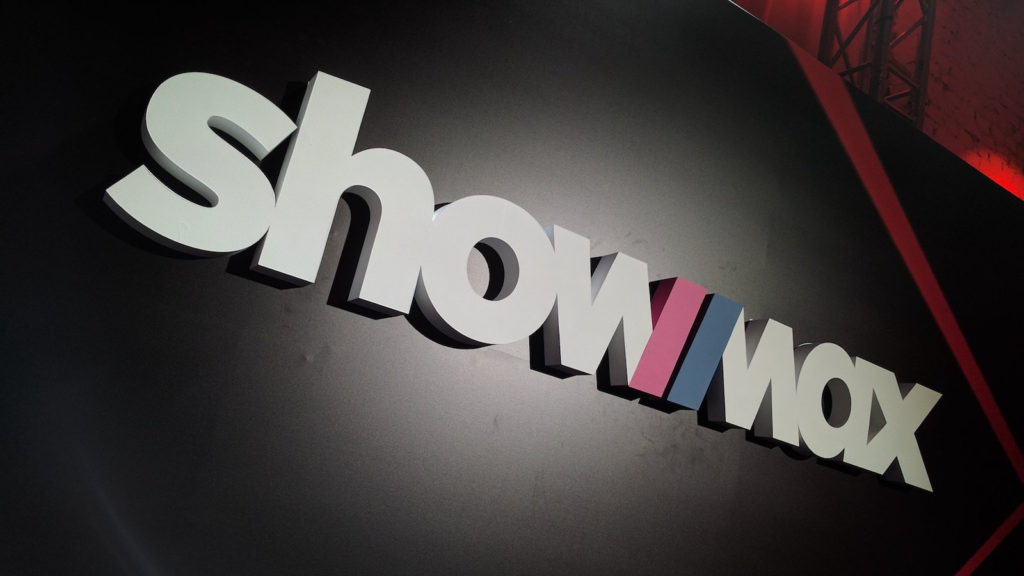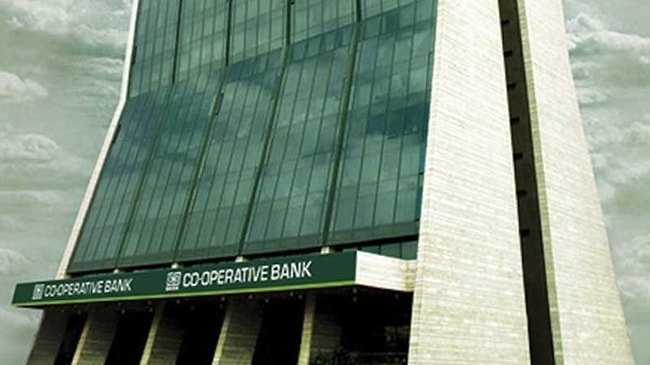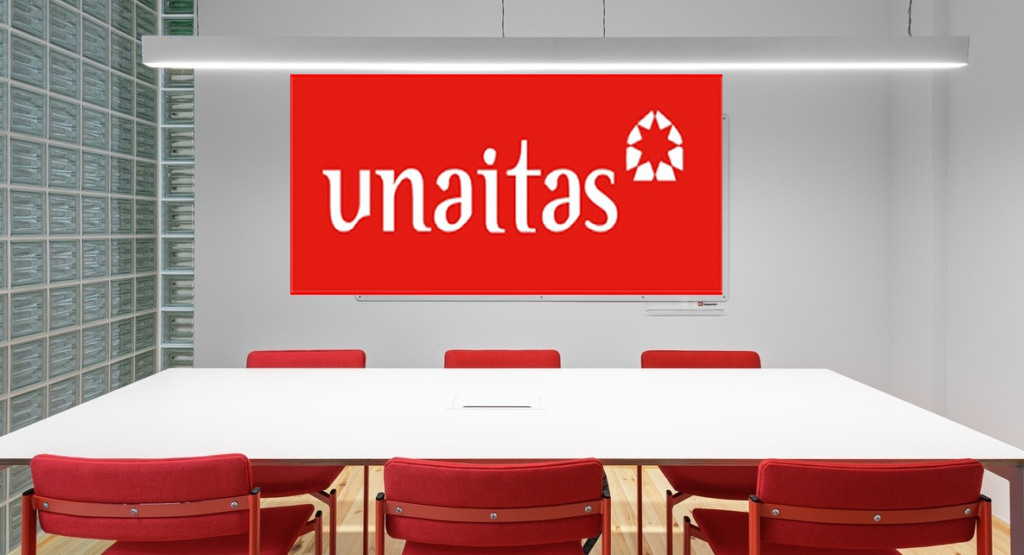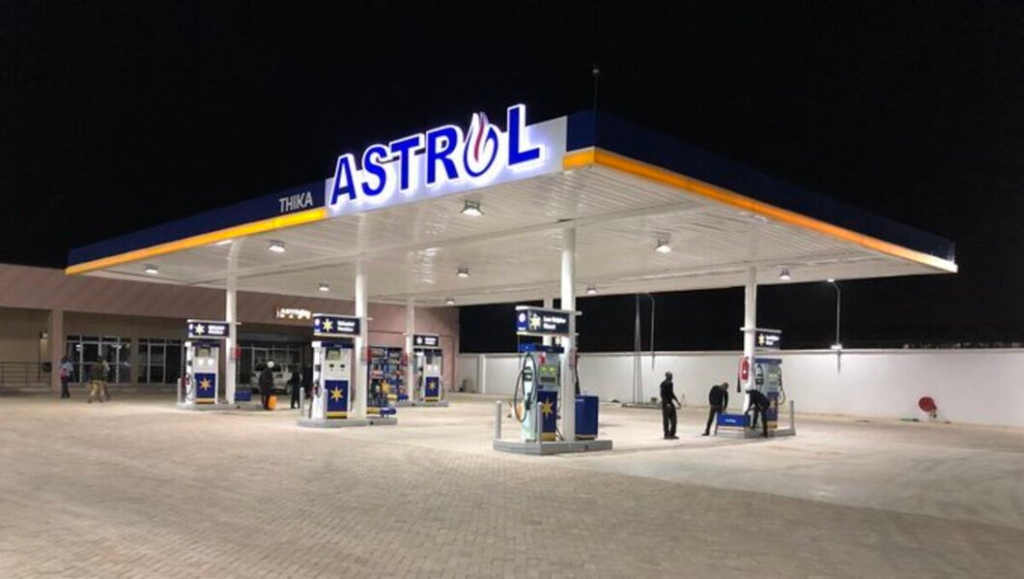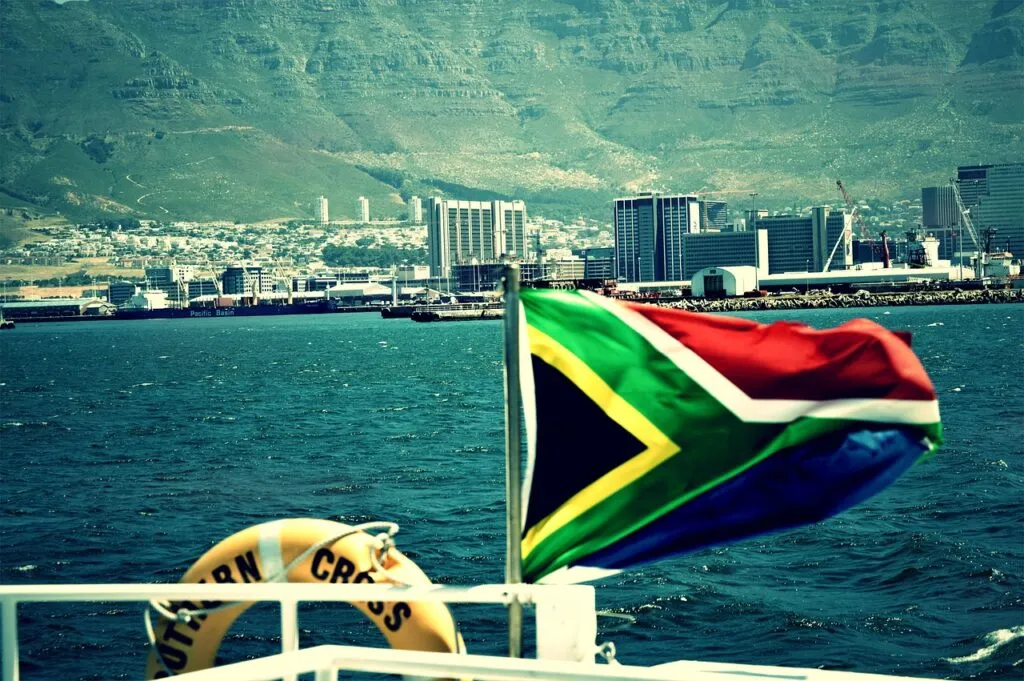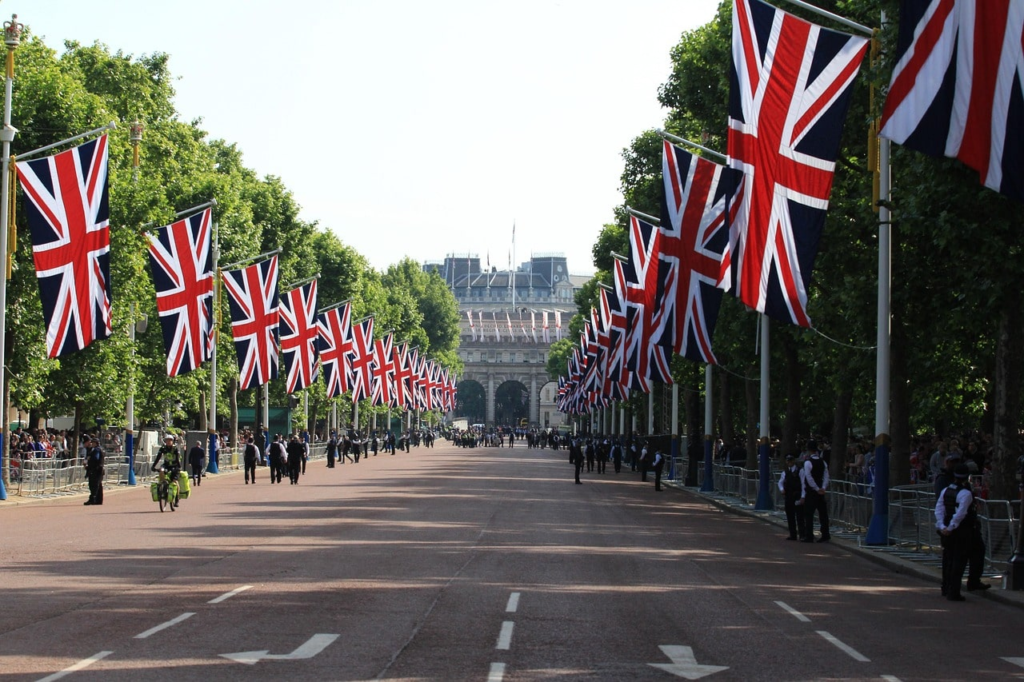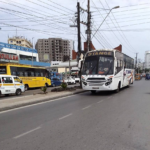Now Reading: Petroleum Prices in Kenya Putting More Pain On Kenyans
-
01
Petroleum Prices in Kenya Putting More Pain On Kenyans
Petroleum Prices in Kenya Putting More Pain On Kenyans

Petroleum prices in Kenya continue to rise after global prices rose in the month of November with more pain expected in the month of January 2020 when the economy is expected to fully reopen and children going back to school.
According to data seen by ShopaXo, retailers were buying petrol at 106.82 in Nairobi a rise of Ksh. 0.97 while diesel and Kerosene rose to Ksh. 91.82 and Ksh. 83.56 a jump of Sh1.12 and Sh1.93 respectively.
Market Oil prices rose to hit $50.36 per barrel on Friday buoyed by hopes that more countries will soon roll out the COVID-19 vaccine, accelerating economic growth and that more travel will fuel demand for fuel.
Since covid-19 hit economies from December 2019, oil uptake has been low, but the announcement that there was a possible vaccine for the disease has awaked the markets.
The energy regulatory is set to review the prices in January 2020, thus putting a lot of pressure on the prices at the pump.
However, after the price of diesel rose above $50 per barrel in the global market, consumers are expected to enjoy a State subsidy on fuel thus cushioning motorists.
According to the Ministry of Energy, consumers will not bear the cost above $50 a barrel for diesel. The subsidy does not cover petrol.
The subsidy is meant to cushion consumers from volatility in fuel prices. The monies from the subsidy will come from monies raised from fuel consumers through the Petroleum Development Levy. Petroleum prices in Kenya affect all aspects of the economy from consumer goods, transport costs, and other commodities

